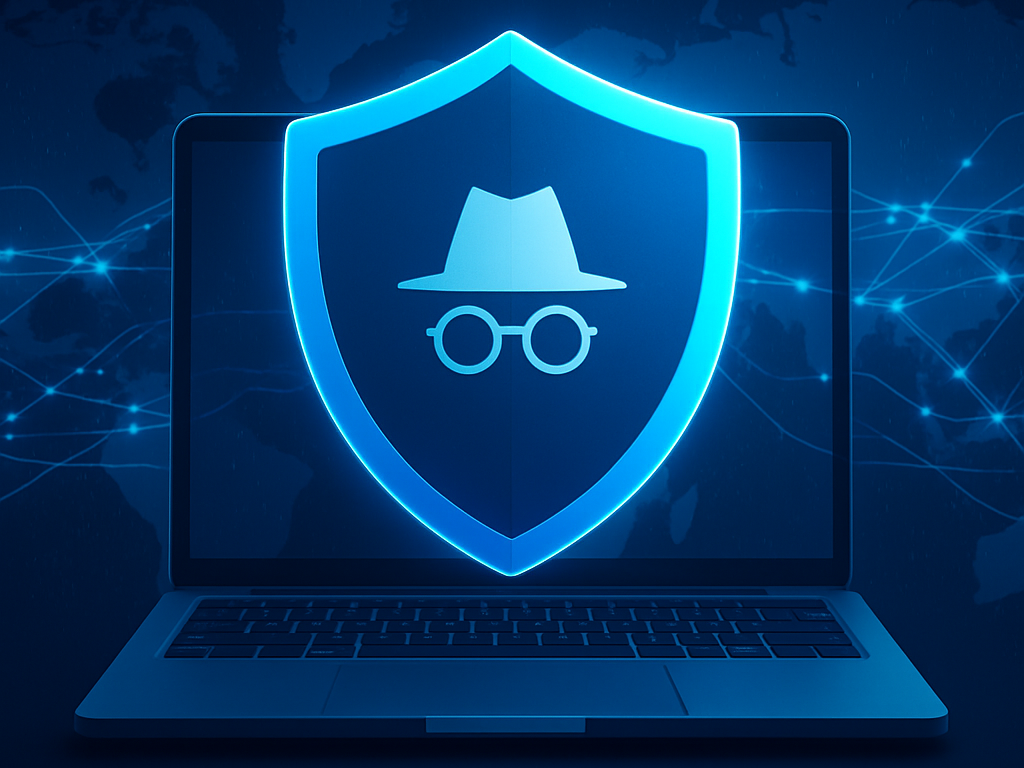 Understanding the Proxy Definition and Its Importance
Understanding the Proxy Definition and Its Importance
The proxy definition refers to a server that acts as an intermediary between a user’s device and the internet. When you connect through a proxy server, your real IP address is masked, allowing you to browse the web anonymously, bypass geo-restrictions, and enhance security. Whether you're an individual concerned with online privacy or a business handling sensitive data, understanding the role and applications of proxies is essential.
Why Proxy Servers Are Essential for Businesses
-
Enhanced Security and Network Protection
One major reason businesses adopt proxy servers is to secure internal networks from external cyber threats. By implementing proxy servers, organizations add an additional security layer that filters incoming traffic, blocks harmful content, and prevents direct access to sensitive servers.
Common corporate uses of proxies include:
-
Monitoring and regulating employee web activity
-
Blocking malicious or non-compliant websites
-
Enforcing internal web access policies
-
Preventing DDoS attacks and unauthorized intrusions
-
Competitive Intelligence and Web Scraping
In a data-driven market, proxies enable businesses to gather competitor insights without detection. Through web scraping, companies monitor pricing trends, SEO rankings, and online reviews. Proxies help overcome IP bans, CAPTCHAs, and rate limits.
Key use cases:
-
Competitor price tracking
-
SEO monitoring and rank tracking
-
Ad verification and fraud detection
-
Brand protection and counterfeit monitoring
-
Access to Geo-Specific Content
Many businesses need to access location-restricted content for research or marketing. Proxies enable IP masking to simulate browsing from different countries, providing insight into regional markets.
-
Improved Network Efficiency
Proxy servers improve performance via caching frequently accessed resources and balancing traffic loads. This boosts speed and efficiency, especially in workplaces where multiple users request the same data.
Proxy Definition in Personal Use Cases
-
Privacy Protection and Anonymous Surfing
For individuals, the proxy definition centers around anonymity and privacy. By routing traffic through proxies, users hide personal data like IP addresses and locations from third parties, marketers, and even cybercriminals.
-
Bypassing Censorship and Geographic Restrictions
Streaming platforms, social media sites, and even academic resources often limit access based on location. Proxies allow users to appear as though they're connecting from approved regions, opening access to previously unavailable content.
Common scenarios:
-
Accessing blocked social media in restricted countries
-
Streaming region-locked videos
-
Bypassing school or workplace filters
-
Unblocking educational platforms
-
Safe Browsing on Public Wi-Fi
Public Wi-Fi networks in cafes or airports are vulnerable to data theft. Proxies act as shields, encrypting traffic and ensuring safer browsing sessions, particularly when handling sensitive tasks like online banking.
-
Purchasing Limited-Edition Items
In high-demand online shopping, such as sneaker drops or concert ticket sales, websites restrict purchases per IP. Proxy servers enable users to create multiple sessions from different IPs, improving chances of success.
When a Proxy Server Becomes a Necessity
-
E-commerce and Online Retail
E-commerce platforms benefit from proxies for:
-
Securing transactions and customer data
-
Enhancing loading speed with caching
-
Avoiding access restrictions in certain markets
-
Gaming and Entertainment
Gamers use proxies to:
-
Access region-locked games
-
Reduce lag and improve server response
-
Prevent DDoS attacks during online play
-
Data Mining and Analytics
For businesses or researchers collecting web data, proxies prevent bans and restrictions by rotating IPs and simulating organic user behavior.
-
Remote Work Infrastructure
As remote work expands, proxies help manage and secure remote employee connections. IT admins can monitor traffic, enforce security policies, and grant region-specific access.
Proxy Definition: Key Considerations and Risks
-
Security Vulnerabilities
Free proxies often lack encryption and may log user activity. Using an unreliable provider can expose data rather than protect it. Always choose a reputable service like
Croxy Proxy to minimize risk.
-
Speed and Performance Impact
Routing through proxies may slow internet speed due to extra processing. This is especially true with distant or overcrowded servers.
-
Cost Factors
Prices range widely:
-
Shared proxies: $1–$5/month per IP
-
Dedicated proxies: $10–$50/month per IP
-
Residential proxies (best for stealth): Higher cost, better performance
-
Legal and Ethical Implications
While proxies can bypass geo-blocks, doing so may violate terms of service or laws. Ensure your usage aligns with legal and ethical standards.
Conclusion: Do You Need a Proxy Server?
Understanding the proxy definition is the first step to improving your online privacy, security, and access. Proxy servers are versatile tools for both individual users and enterprises — enabling everything from anonymous browsing to advanced market research.
Choosing the right proxy provider matters. Visit
Croxy.com to explore a secure, anonymous, and user-friendly proxy experience tailored to your needs.
 Understanding the Proxy Definition and Its Importance
Understanding the Proxy Definition and Its Importance